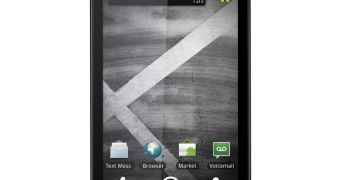Although not a certainty at the moment, there are great chances that Motorola would deliver its new DROID X and DROID 2 mobile phones to the market with digitally signed bootloaders that would prevent users from installing custom ROMs on their devices. Motorola Milestone did not come to the market with an unlocked bootloader, and Motorola might make the same move with the upcoming devices too.
On the other hand, DROID by Motorola came to Verizon's shelves with an unlocked bootloader, much for the enjoyment of the Android modding community. However, Motorola did not receive well the fact that people were able to flash the ROMs on its Android-based handsets, and modified the bootloader for the Milestone, the DROID model that went on sale outside the United States.
“Securing the software on our handsets, thereby preventing a non-Motorola ROM images from being loaded, has been our common practice for many years. This practice is driven by a number of different business factors. When we do deviate from our normal practice, such as we did with the DROID, there is a specific business reason for doing so. We understand this can result in some confusion, and apologize for any frustration,” is what Motorola stated at that time.
Of course, the arrival of DROID X and DROID 2 on the market with locked bootloaders does not mean that modders and hackers won't be able to gain root access. The process would probably be a lengthier one and would raise far more problems than before, but the encrypted bootloader would not represent a barrier on people's way towards delivering custom ROMs for the upcoming devices. On the other hand, as a recent post on Android and Me notes, it would be easier on handset coming from HTC or Samsung. However, we should expect for DROID X to land on the market to see what did Motorola do with its bootloader.

 14 DAY TRIAL //
14 DAY TRIAL //